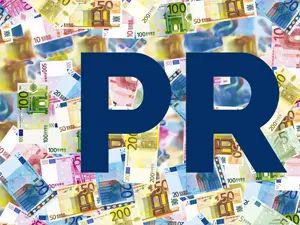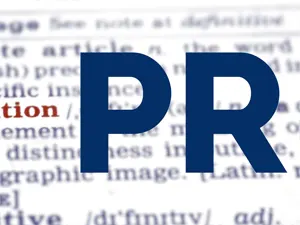
Opportunities for Adaptation
Everyone has been hit by the ongoing pandemic: Individuals, companies and industries. The PR industry has also had to readjust itself. However, as Helmut Schmidt once said, “In a crisis, character is revealed.”
Every crisis changes an industry in the long term. But even today, public relations are more important than ever, as a company can only continue to build a bond with its customers through ongoing dialog. At present, this part requires a special level of sensibility. But what exactly is important when we talk about changes in the PR industry due to the coronavirus?
New focus towards health aspects
The corona pandemic has resulted in a change of demand. Consumers are now increasingly buying products that are in line with themes of home office, social distancing or arouse health interest. Accordingly, many brands have adapted their offers and marketing to highlight these aspects in their products.
How work is done
Home Office and virtual meetings via Zoom have become part of everyday life in a PR agency. While at first glance this can be perceived as impersonal, it also has a great advantage: Both interviews and meetings can take place from anywhere without travelling or other costs required. As a result, it is a budget-friendly and time-friendly alternative.
Authenticity is becoming more and more important
Communication from a company to the target consumer needs to be looked at more closely given the current situation. The pandemic has affected everyone in different ways and is not infrequently associated with personal suffering, so a sensitive approach is crucial. In times of crisis, the client wants a tactful, meaningful and, above all, authentic approach to the current challenges.
However, this does not always happen and has led to a number of ‘PR fails’ in recent months. For example, when a multibillion-dollar footwear company announced that they would not pay the rent of their stores during lockdown, it resulted in a pile of criticism. The action seemed too insensitive coming from a global corporation that had used a law to protect tenants in existential trouble.
On the other hand, there were also positive examples: For example, fast-food chains as well as drugstores that usually compete on the market called for mutual solidarity. By naming their competitors, they drew attention to the fact that the entire industry is now in need of support. This in turn was met with positive feedback, as this advertising did not just focus on the clear sales intention.
Relevance of PR in times of crisis
Crisis phases are noticeable in the economy. Accordingly, budgets in companies are being reevaluated and this can result in budget cuts in the department of public relations. At the same time, PR agencies are expected to provide an increased return on investment, which poses new challenges for the industry.
However, it is also the PR industry’s job to navigate through critical times and provide opportunities for adaptation. After all, COVID was not the first crisis to be managed, nor will it be the last. That’s why, now more than ever, companies need a PR team that combines creative campaigns with tangible results. At the same time, this can help avoid ‘PR fails’ because offers with obvious sales intent as well as panic spreading or jokes related to COVID-19 should be avoided. Instead, companies should position themselves in a clear, transparent and emphatic manner in order to avoid any existential damage and prevent loss of trust.




0 Comments